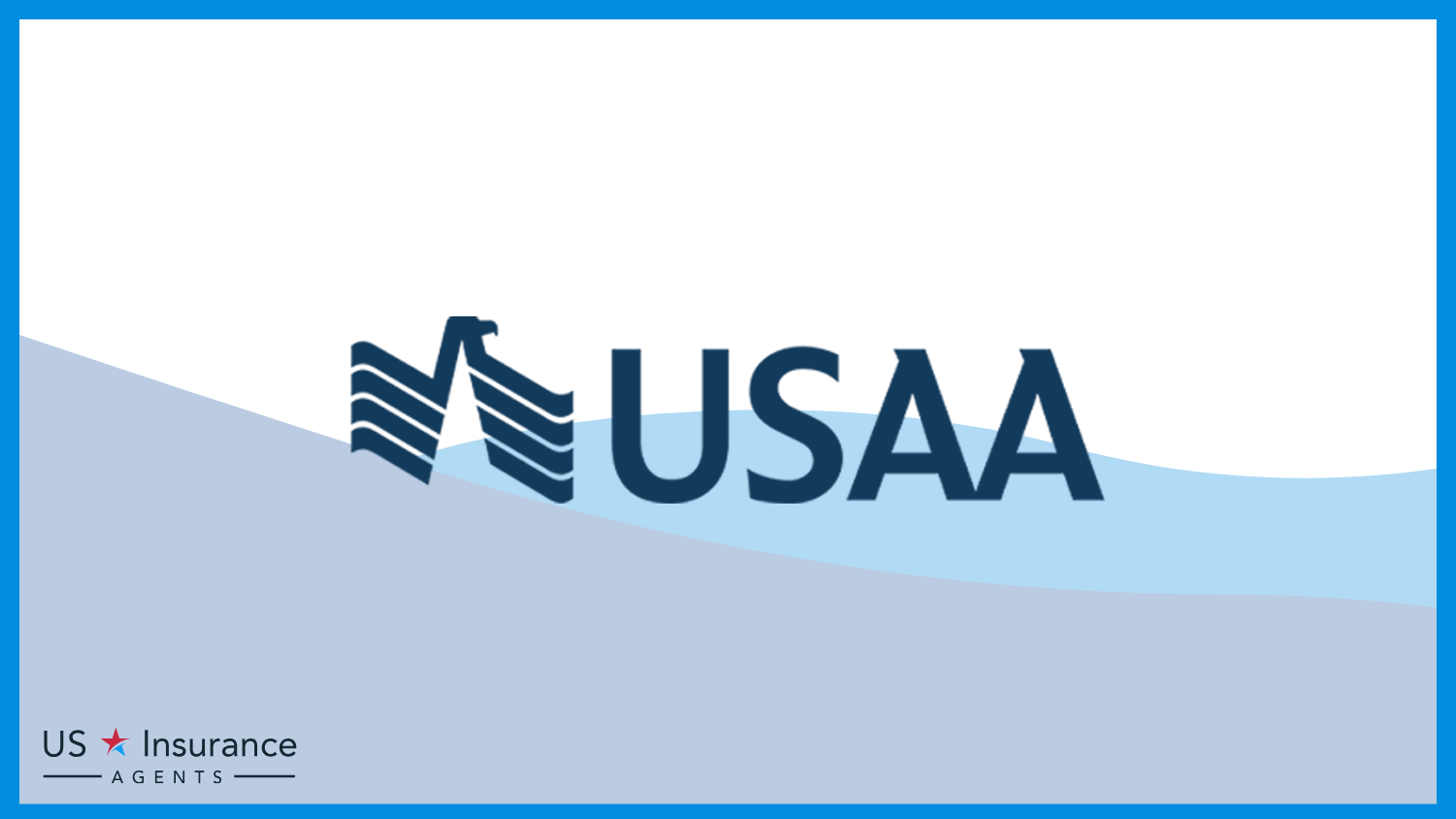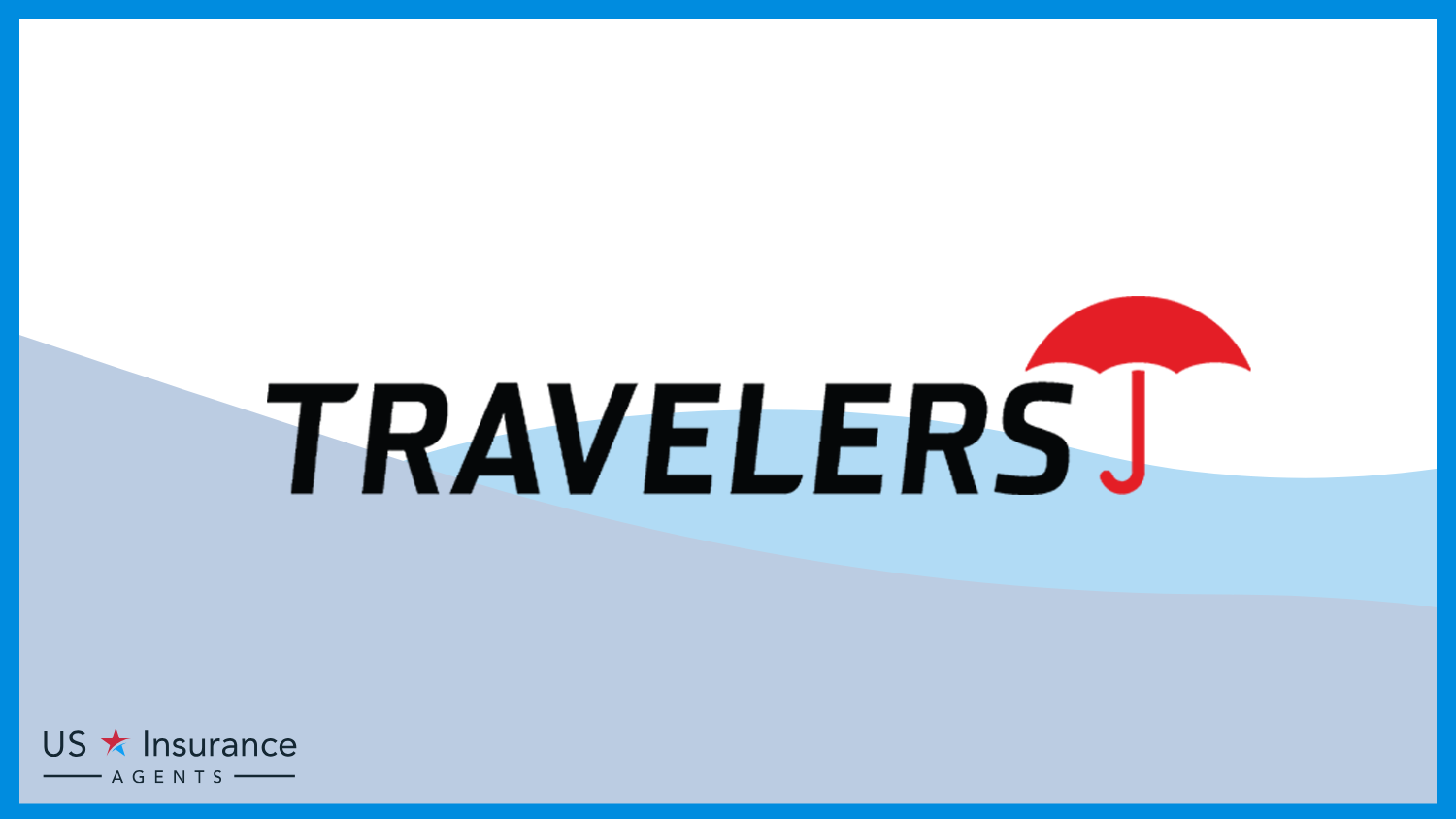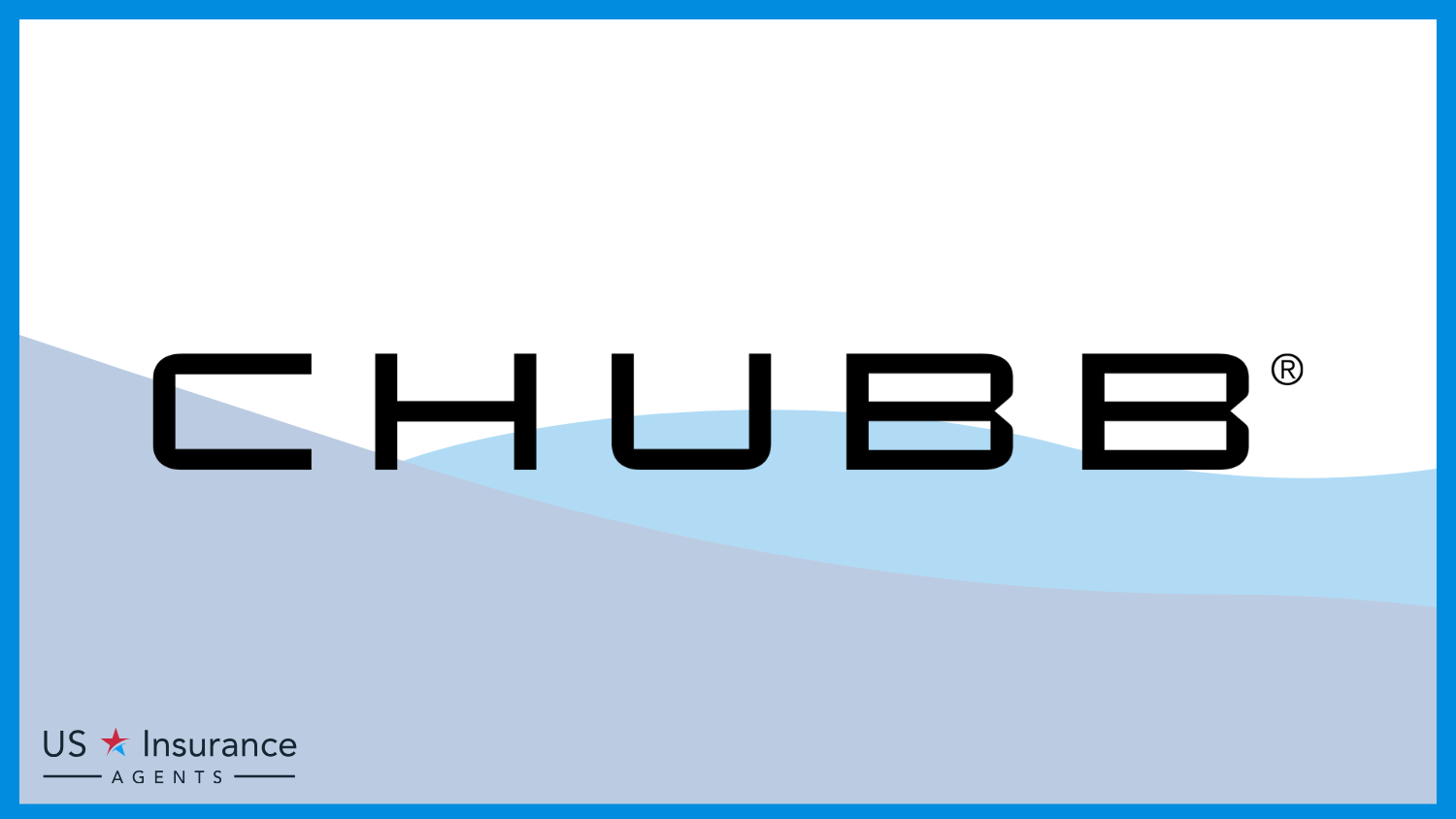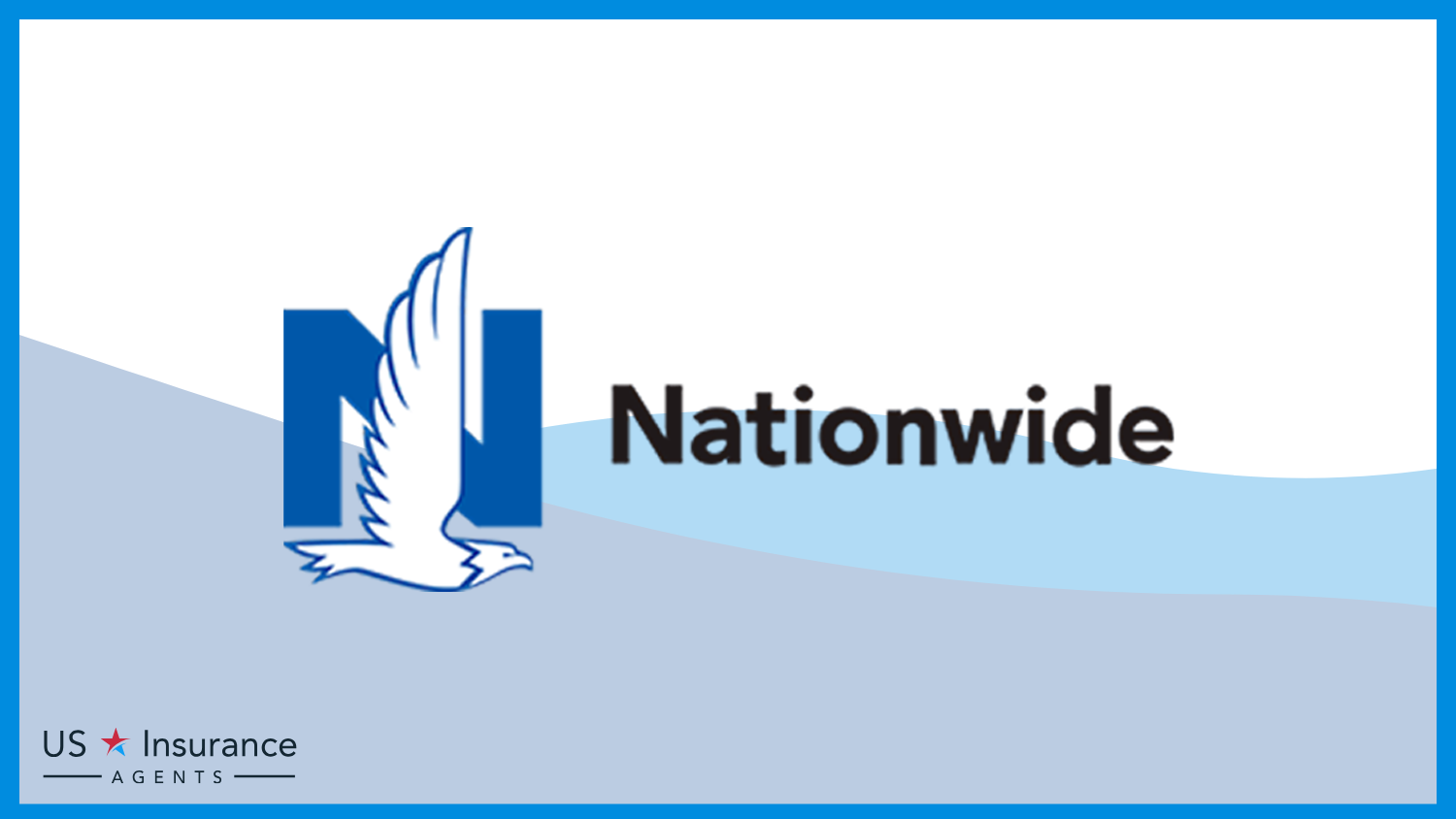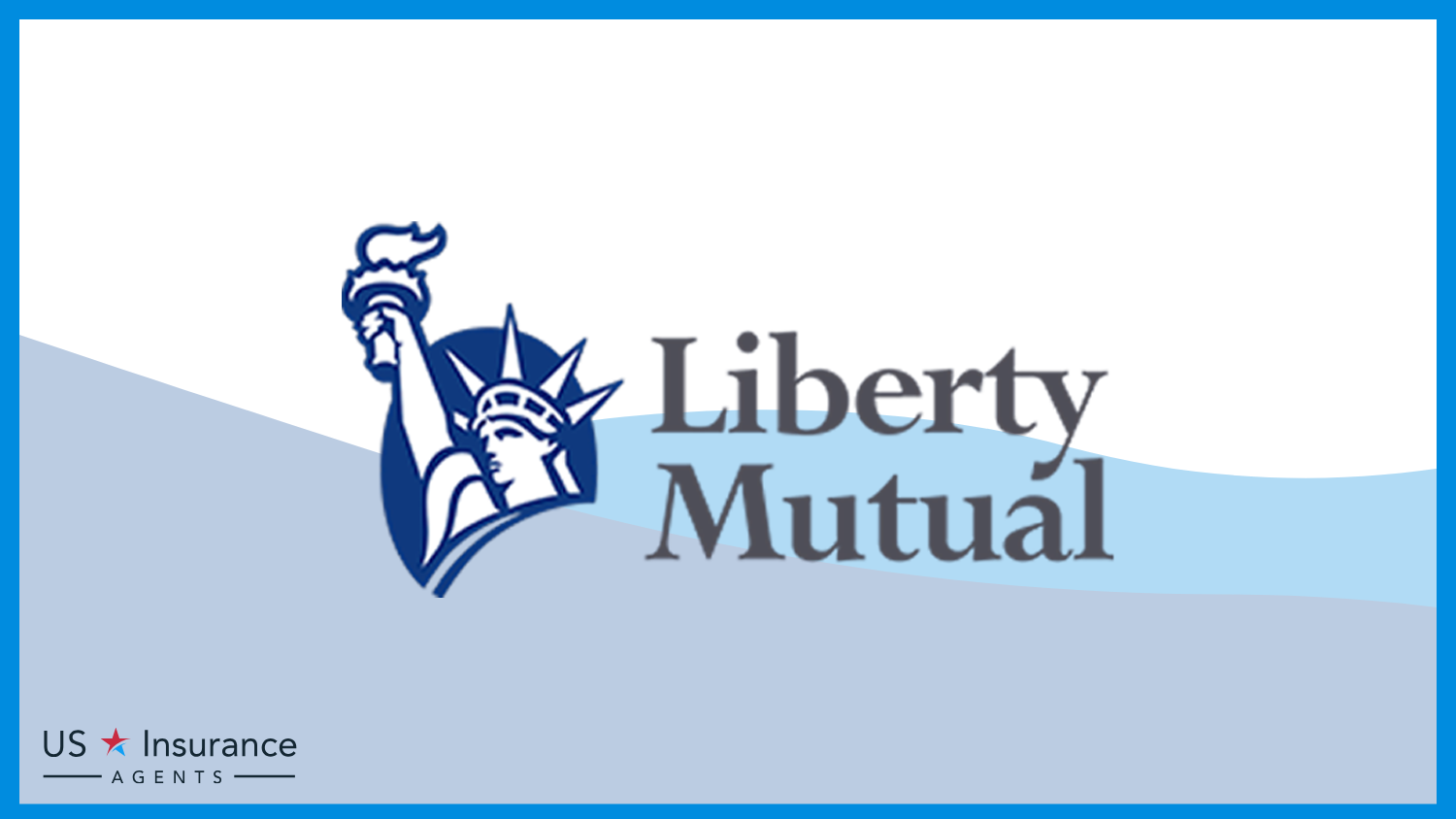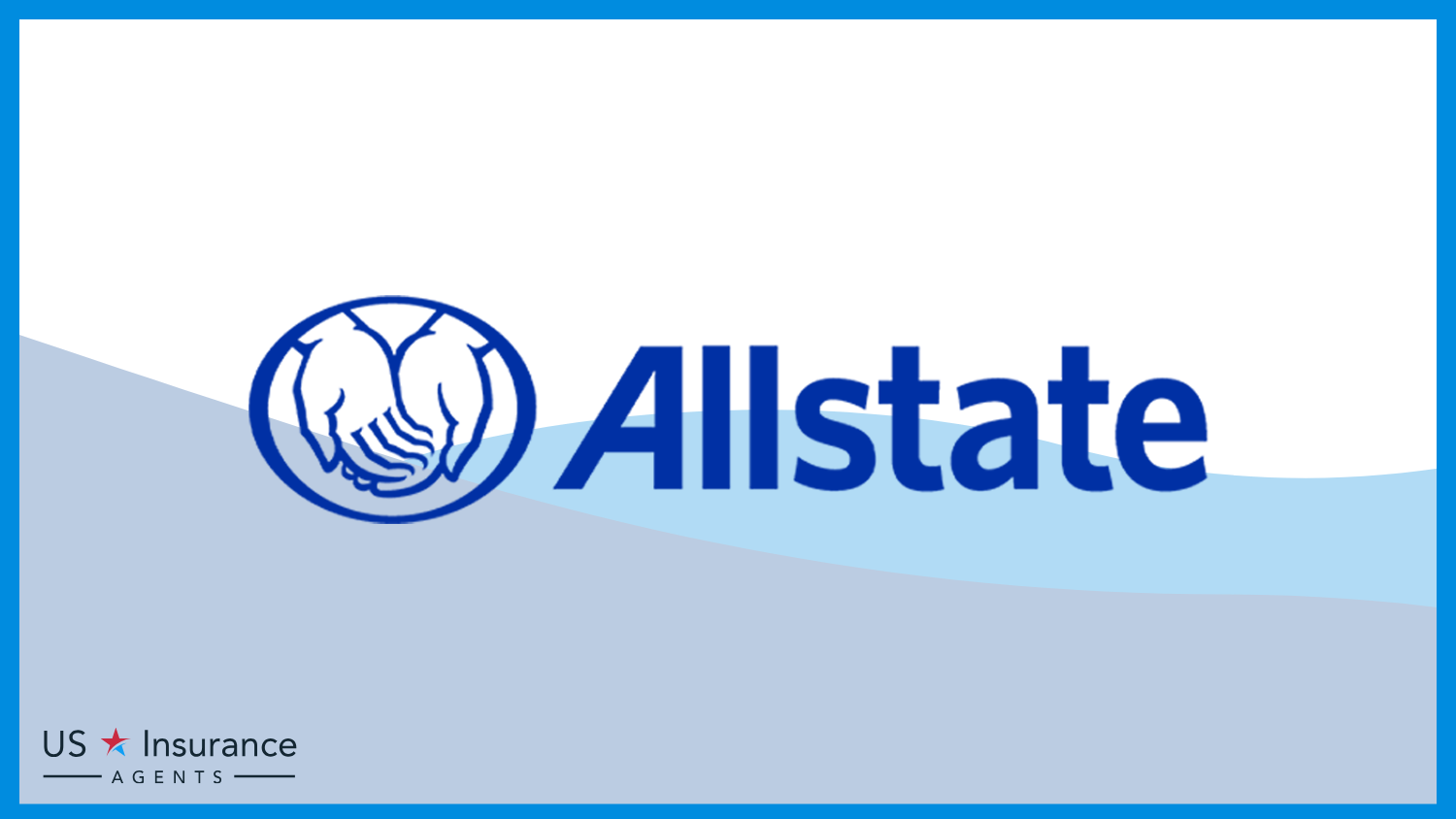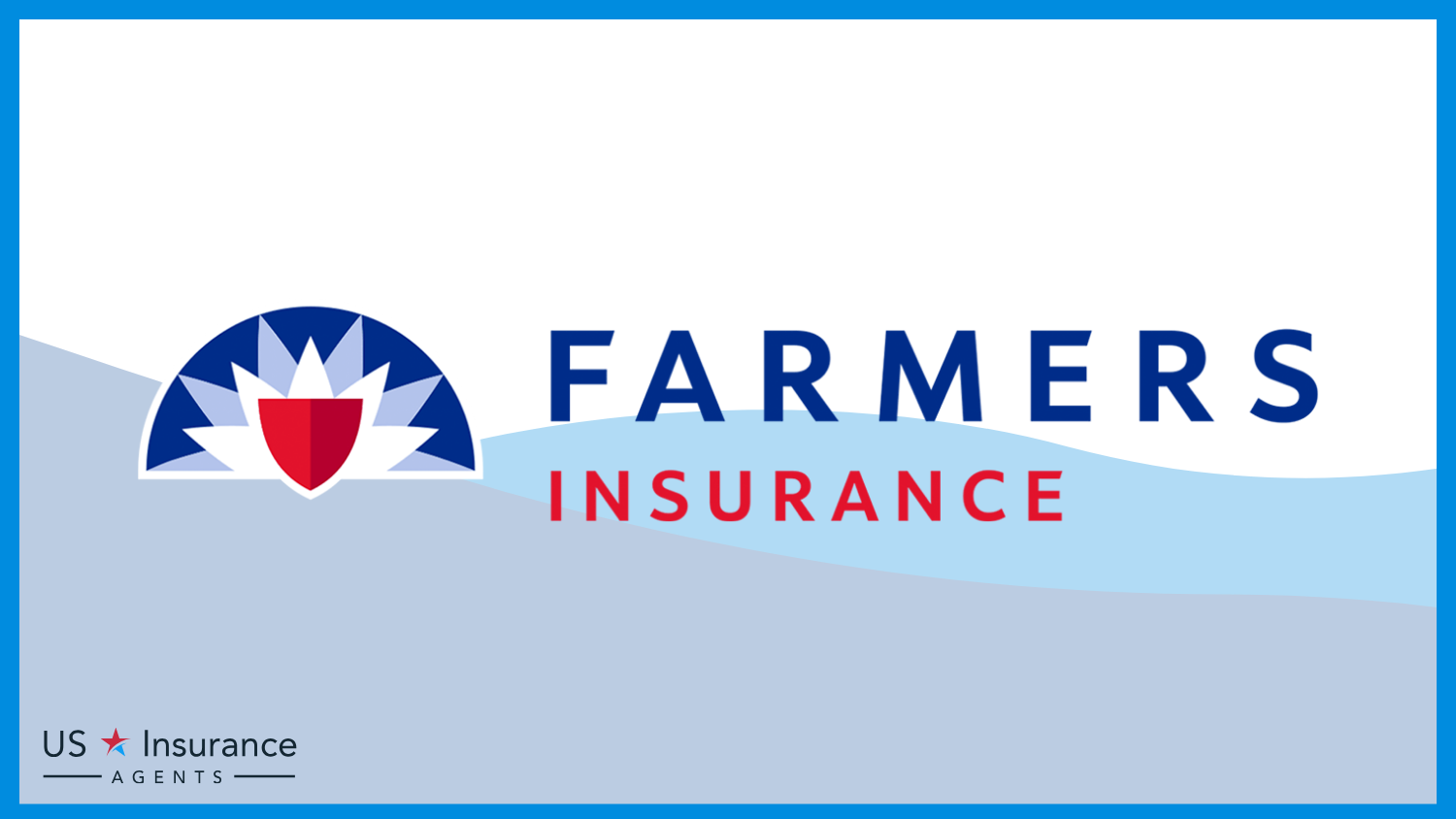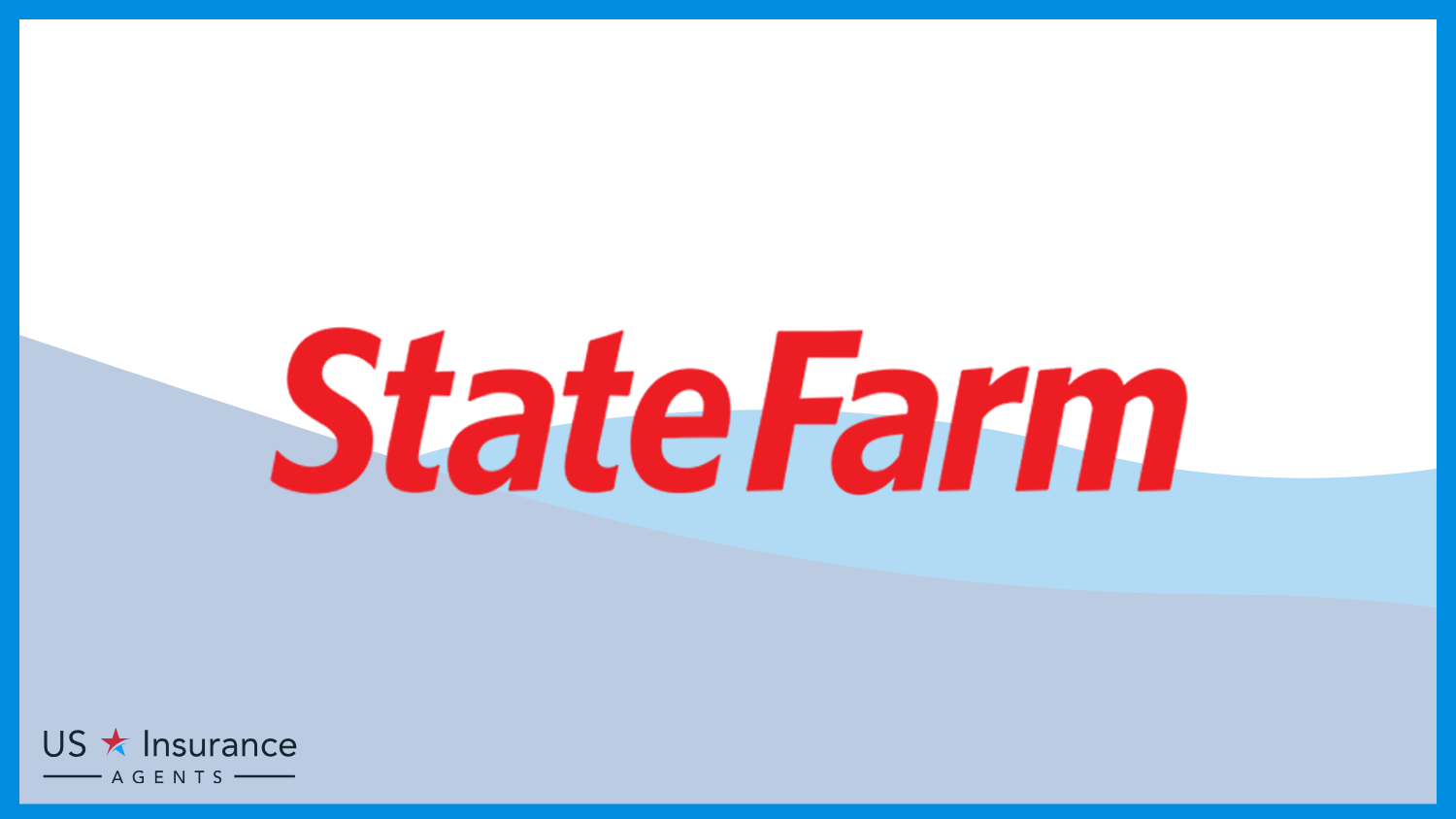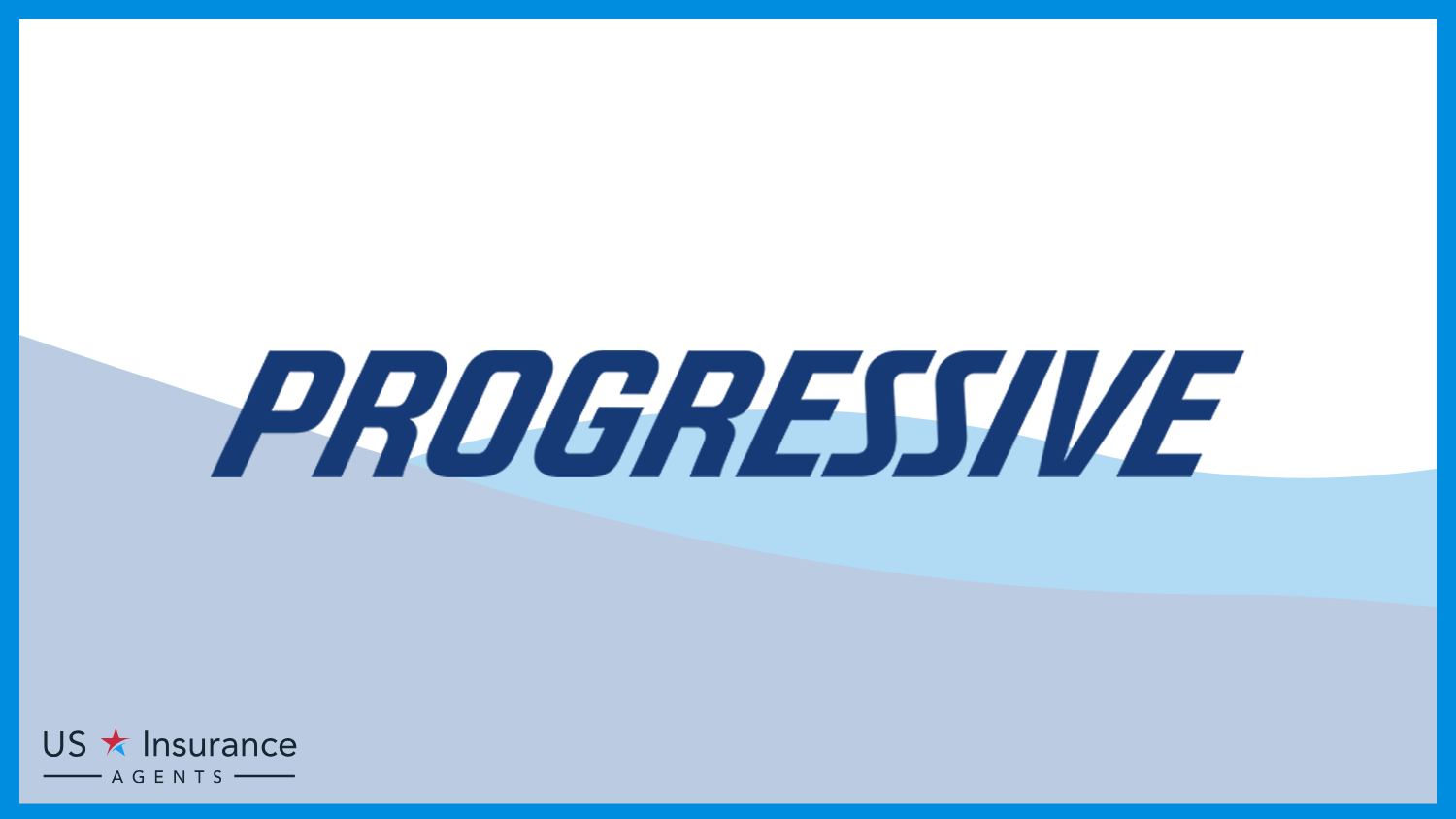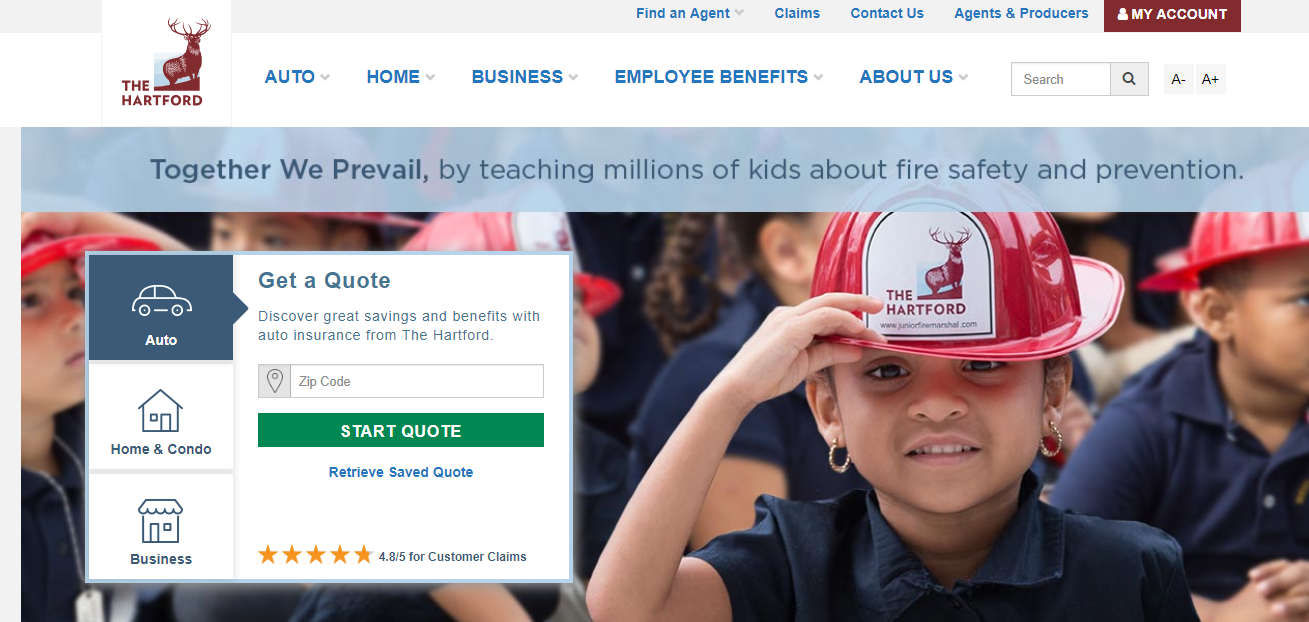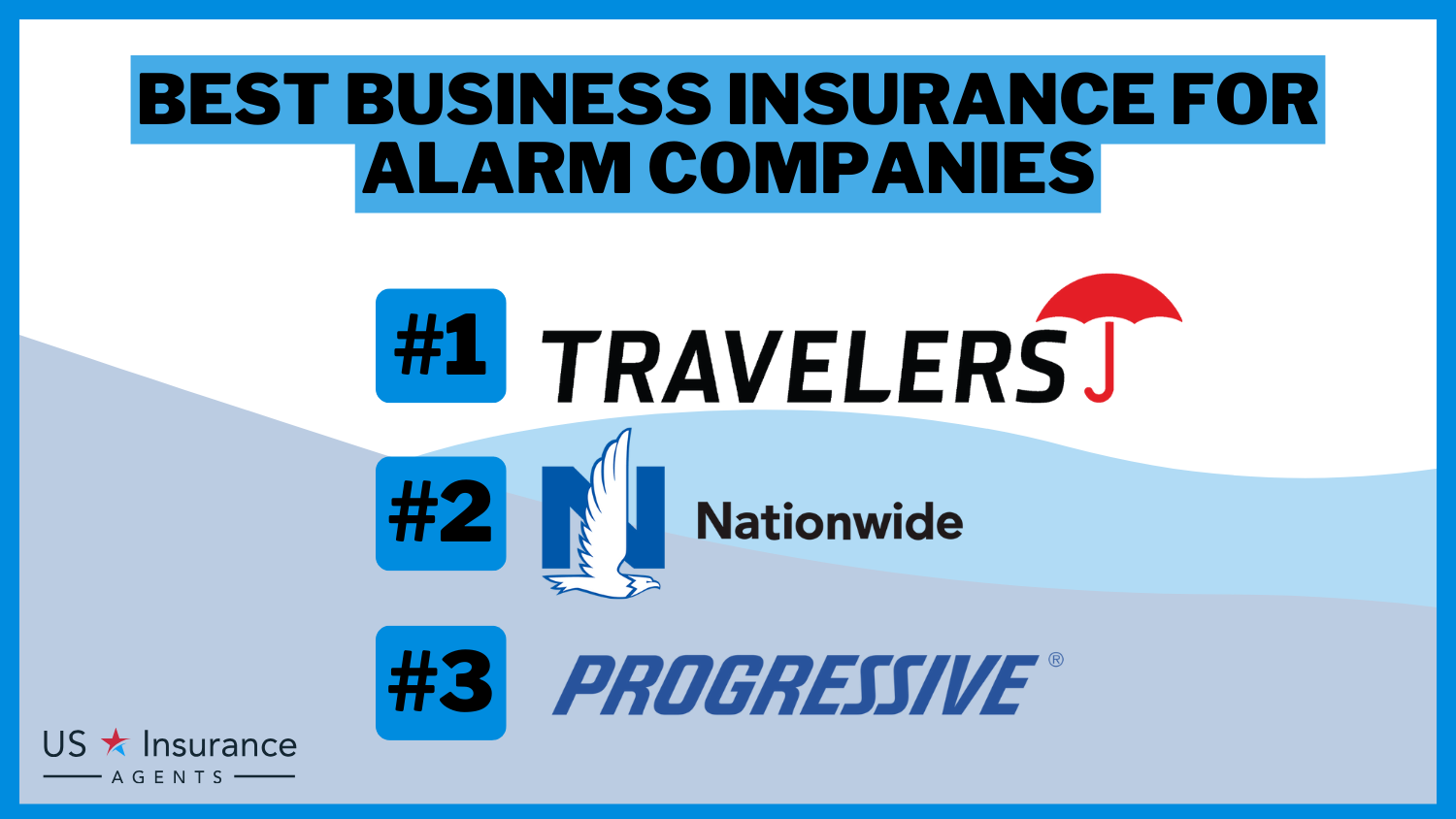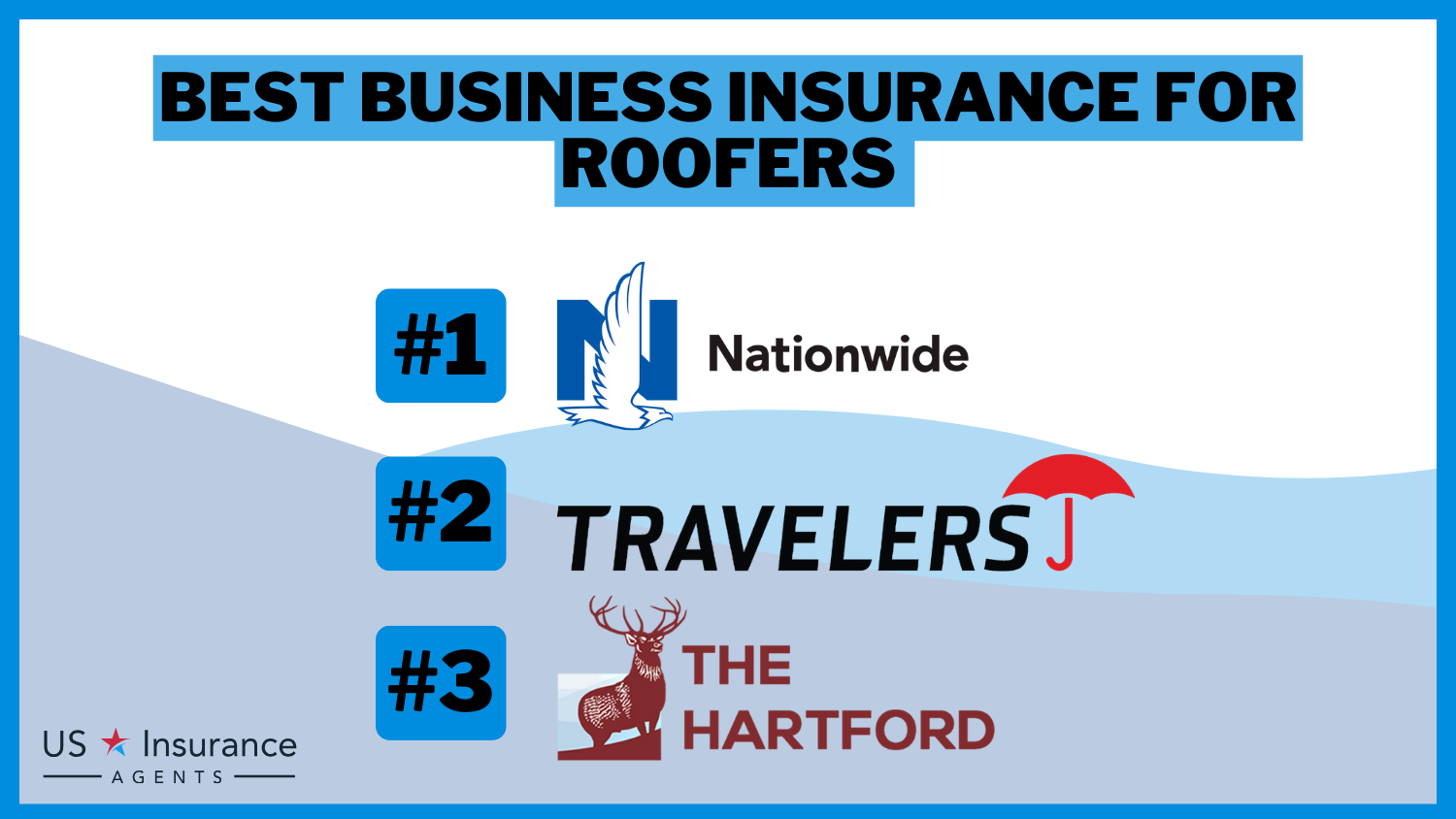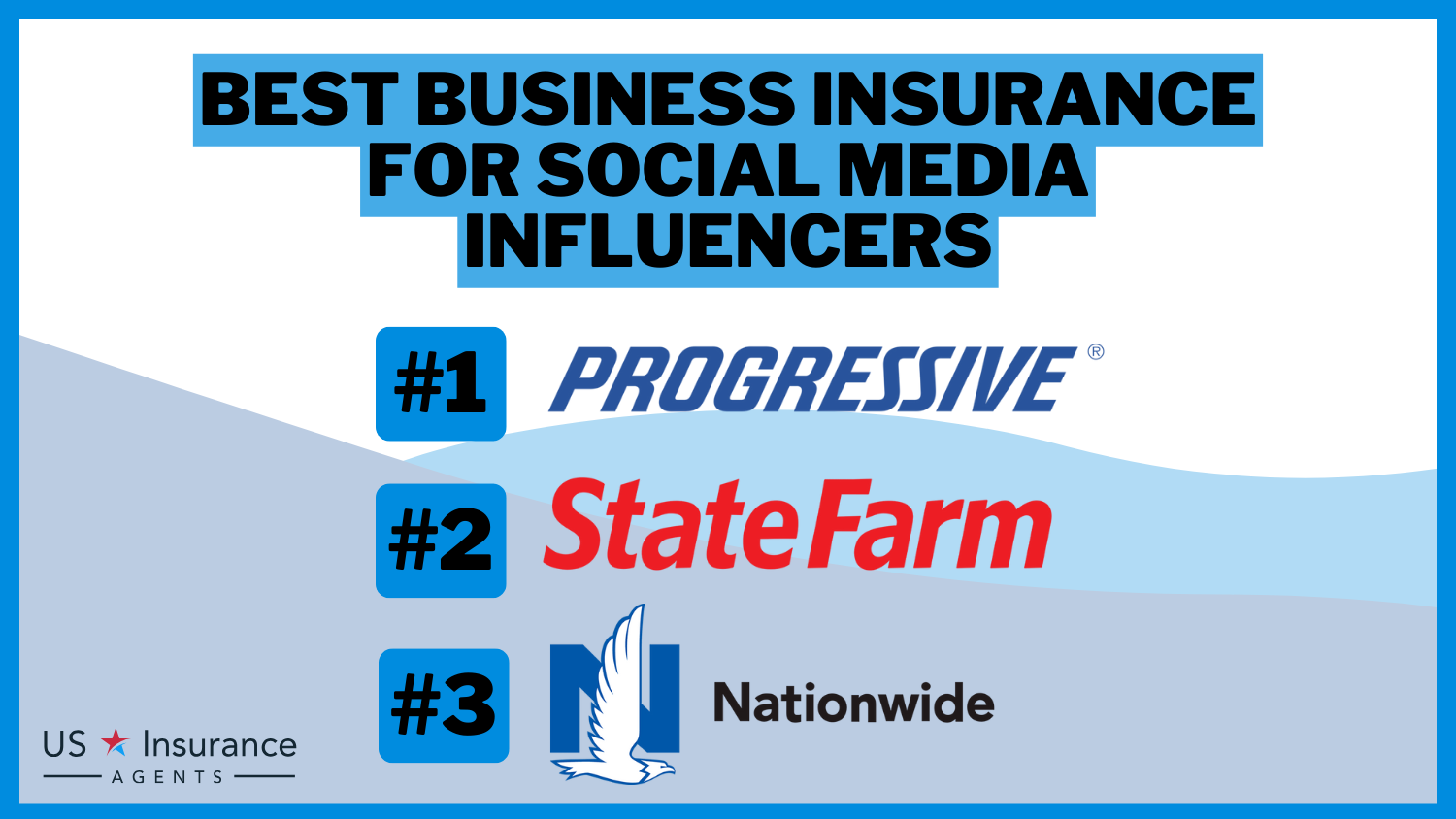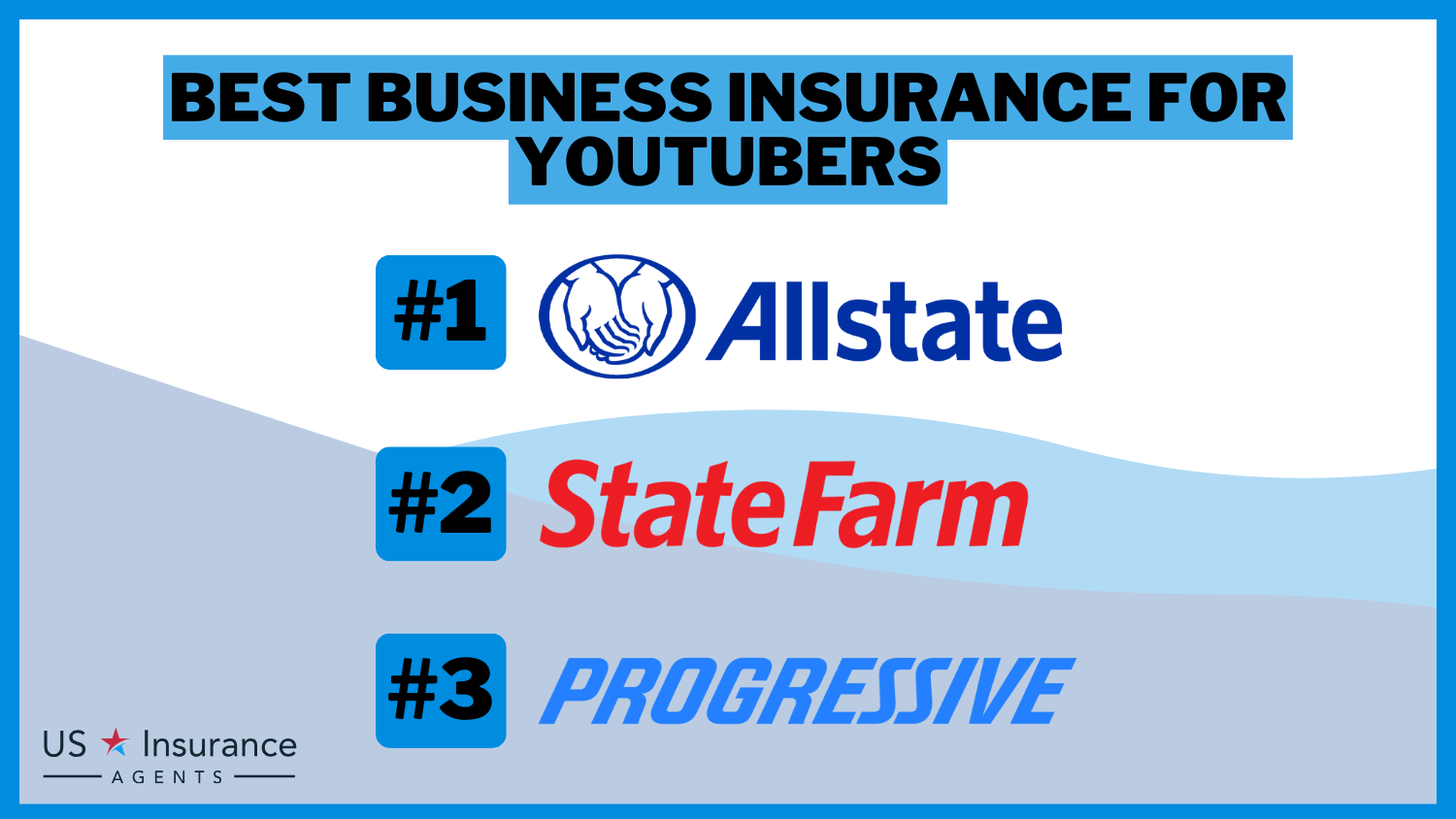Best Business Insurance for Golf Courses in 2026 (Top 10 Companies)
The best business insurance for golf courses is provided by The Hartford, USAA, and Travelers, renowned for their comprehensive coverage within the golf industry. These companies offer competitive discounts averaging 10%, ensuring golf courses receive specialized support tailored to their unique needs.
Read more Secured with SHA-256 Encryption






Table of Contents
Table of Contents


Published Insurance Expert
Melanie Musson is the fourth generation in her family to work in the insurance industry. She grew up with insurance talk as part of her everyday conversation and has studied to gain an in-depth knowledge of state-specific insurance laws and dynamics as well as a broad understanding of how insurance fits into every person’s life, from budgets to coverage levels. Through her years working in th...
Melanie Musson


Sr. Director of Content
Sara Routhier, Senior Director of Content, has professional experience as an educator, SEO specialist, and content marketer. She has over 10 years of experience in the insurance industry. As a researcher, data nerd, writer, and editor, she strives to curate educational, enlightening articles that provide you with the must-know facts and best-kept secrets within the overwhelming world of insurance....
Sara Routhier


Licensed Insurance Agent
Scott W Johnson is an independent insurance agent in California. Principal Broker and founder of Marindependent Insurance Services, Scott brings over 25 years of experience to his clients. His Five President’s Council awards prove he uses all he learned at Avocet, Sprint Nextel, and Farmers Insurance to the benefit of his clients. Scott quickly grasped the unique insurance requirements of his...
Scott W. Johnson
Updated February 2025
 765 reviews
765 reviewsCompany Facts
Full Coverage for Golf Courses
A.M. Best Rating
Complaint Level
Pros & Cons
 765 reviews
765 reviews 6,590 reviews
6,590 reviewsCompany Facts
Full Coverage for Golf Courses
A.M. Best
Complaint Level
Pros & Cons
 6,590 reviews
6,590 reviews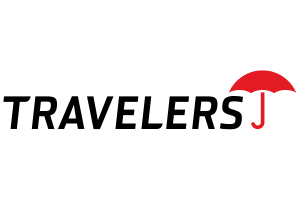 1,734 reviews
1,734 reviewsCompany Facts
Full Coverage for Golf Courses
A.M. Best Rating
Complaint Level
Pros & Cons
 1,734 reviews
1,734 reviews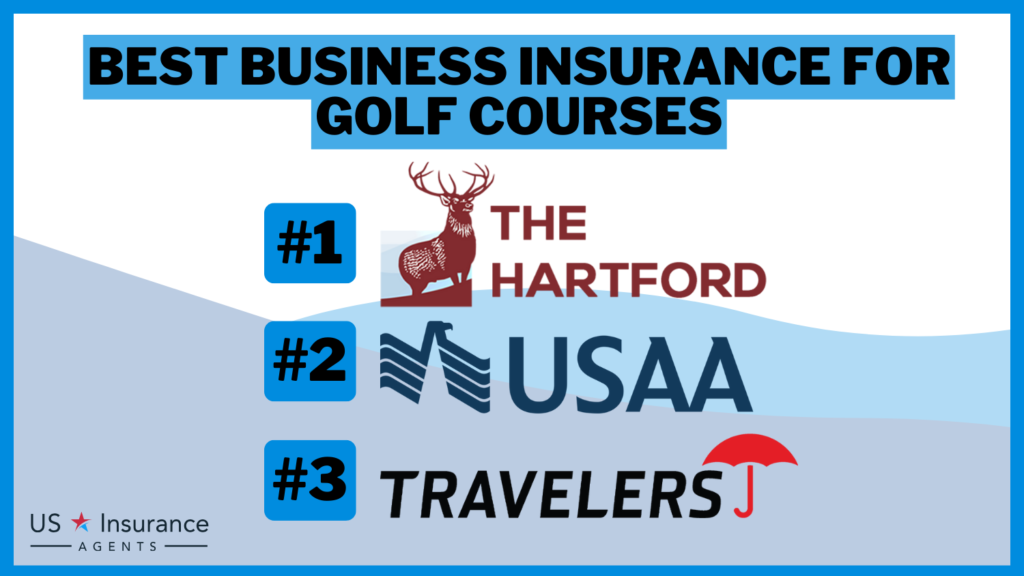
Golf course owners can rely in extensive protection against liabilities and damages, with competitive rates and a strong focus on personalized service ensuring peace of mind and security offer by these top companies.
Our Top 10 Company Picks: Best Business Insurance for Golf Courses
| Company | Rank | Multi-Policy Discount | Low-Mileage Discount | Best For | Jump to Pros/Cons |
|---|---|---|---|---|---|
 | #1 | 15% | 10% | Deductible Reduction | The Hartford |
| #2 | 10% | 5% | Military Savings | USAA | |
| #3 | 13% | 30% | Accident Forgiveness | Travelers | |
| #4 | 15% | 10% | Policy Options | Chubb | |
 | #5 | 20% | 5% | Usage Discount | Nationwide |
 | #6 | 25% | 30% | Customizable Polices | Liberty Mutual |
| #7 | 10% | 20% | Add-on Coverages | Allstate | |
| #8 | 10% | 10% | Local Agents | Farmers | |
| #9 | 17% | 5% | Many Discounts | State Farm | |
| #10 | 10% | 30% | Online Convenience | Progressive |
With their proven track record and commitment to meeting the unique needs of golf course businesses and expert recommendation, these insurers stand out as the go-to options in the industry. For a comprehensive analysis, refer to our detailed guide titled “Compare the Best Insurance Quotes in the Country.”
Don’t let expensive insurance rates hold you back. Enter your ZIP code below and shop for affordable premiums from the top companies.
- Tailored solutions for golf course businesses
- Extensive coverage options including general liability and property insurance
- The Hartford offers competitive minimum rates starting at $750
Free Business Insurance Comparison
Compare Quotes From Top Companies and Save
Secured with SHA-256 Encryption
Optimal Insurance Coverage for Your Golf Course
General liability insurance is of utmost importance for golf courses due to the inherent risks associated with the business. Here are some key reasons why general liability insurance is crucial for golf courses:
- Protection Against Bodily Injury Claims: Golf courses are dynamic environments with various hazards, including uneven terrain, water features, and golf carts. If a golfer or visitor sustains bodily injuries on your premises, general liability insurance can cover medical expenses, including hospitalization, surgeries, and rehabilitation.
- Coverage for Property Damage: Accidental property damage can occur during golf course operations. General liability insurance can help cover the costs of repairing or replacing the damaged property, protecting your golf course from substantial financial losses.
- Personal Injury Protection: Golf courses host a variety of events and activities, including tournaments, weddings, and corporate functions. This coverage is crucial to safeguard your golf course from potential legal battles and financial liabilities.
Moreover ensuring coverage for advertising liability is an integral part of promoting a golf course. General liability insurance can offer protection against advertising liability claims, including legal defense costs and potential damages. This coverage safeguards your business from legal and financial repercussions related to advertising activities.
Providing reassurance for golf course visitors and Stakeholders having general liability insurance gives peace of mind to golf course visitors, members, and stakeholders.
This can enhance the reputation of your golf course and build trust among those who engage with your facility. To learn more, explore our comprehensive resource on commercial auto insurance titled “Best Business Insurance for Golf Instructors.”
- Compliance With Contractual Requirements: General liability insurance is often required when entering into contracts with vendors, suppliers, or event organizers. Having general liability insurance allows you to fulfill these contractual requirements easily.
- Protection Against Legal Costs: In the event of a liability claim or lawsuit, legal expenses can quickly add up, even if you are not found liable in the end. This ensures that your golf course is protected financially, regardless of the outcome of a legal dispute.
Having comprehensive general liability insurance is vital for the long-term success and stability of your golf course. Protect your business with top-tier coverage from leading golf course insurance companies like The Hartford, USAA, and Travelers.
It not only protects your business from potential financial losses but also demonstrates your commitment to providing a safe environment for golfers and visitors alike.
Additional Coverage Options for Golf Course Insurance
In addition to general liability insurance, golf courses often benefit from obtaining additional policies to ensure comprehensive coverage. These additional policies address specific risks and enhance the overall protection of the golf course. Here are some essential insurance policies to consider:
- Workers’ Compensation Insurance: If your golf course has employees, most states require you to carry workers’ compensation insurance. This coverage provides benefits to employees who suffer work-related injuries or illnesses.
- Commercial Property Insurance: This coverage helps cover the cost of repairs, replacement, or rebuilding, ensuring that your golf course can quickly recover from such incidents.
In relation commercial umbrella insurance acts as an extra layer of liability protection by extending the coverage limits of your general liability, auto liability, or employer’s liability policies.
While commercial auto insurance protects your business vehicles against accidents, property damage, bodily injury, and other potential liabilities resulting from vehicle use. It also offers coverage for theft, vandalism, and damage caused by natural disasters.
- Professional Liability Insurance: It also known as errors and omissions insurance, protects your golf course against claims of professional negligence, errors, or omissions that may arise from these services.
By obtaining these additional policies, you can tailor your insurance coverage to the unique risks faced by your golf course. Working with an experienced insurance provider or agent can help you assess your specific needs and determine the appropriate coverage amounts for each policy.
Remember, comprehensive coverage not only protects your golf course but also provides peace of mind to your employees, visitors, and stakeholders, demonstrating your commitment to their safety and financial well-being.
Choosing the Best Golf Course Insurance Provider
When selecting an insurance provider for your golf course, there are a few factors to consider. Here is an expanded list of considerations to help you make an informed decision:
- Seek insurers with tailored coverage for golf courses, strong financial stability, and a positive industry reputation.
- Look for flexibility in policies, efficient claims processes, and excellent customer support.
- Compare quotes for affordability and consider additional benefits like risk management tools. When conducting a golf insurance comparison, prioritize not just the cost but also the coverage details and services offered by different insurance providers. To access more details, compare our online quotes using “Insurance Quotes Online.”
- Verify licensing and industry accreditations, and seek recommendations for trusted providers.
Remember to carefully review the terms and conditions of any insurance policy before making a final decision.
Jeff Root Licensed Life Insurance Agent
If you have any doubts or questions, consult with an insurance professional or broker who specializes in golf course insurance to ensure you have the right coverage in place.
Free Business Insurance Comparison
Compare Quotes From Top Companies and Save
Secured with SHA-256 Encryption
Finding the Right Golf Course Insurance Coverage
In context obtain multiple quotes this will help you find the best balance between cost and coverage for your golf course.
Be prepared to provide accurate information about your golf course’s size, amenities, operations, and any previous claims history. When searching for the right insurance coverage for your golf course, consider the following steps:
- Assess Your Risks: Identify hazards on your golf course, potential injuries, property damage risks, and liabilities. Knowing your risks helps determine needed coverage.
- Determine Required Coverage: Check local laws for mandatory insurance like workers’ compensation for employees at your golf course. Stay compliant with regulations.
Moreover knowing how to evaluate coverage limits and deductibles can help you consider the coverage limits and deductibles offered by each insurance policy. Coverage limits should be high enough to protect your golf course adequately, while deductibles should be affordable in the event of a claim.
- Consult an Insurance Agent: Reach out to an experienced insurance agent or broker who specializes in commercial insurance for golf courses. They can help assess your needs, explain different policy options, and provide guidance on coverage limits and deductibles.
Carefully read the policy documents and understand any exclusions or limitations that may apply. These are specific situations or circumstances where coverage may not apply. Ensure that the policy covers the key risks and liabilities your golf course faces.
- Check Provider Reputation: Research insurance providers’ reputation and financial stability. Prioritize coverage for property damage, liability claims, and equipment protection.
- Seek Recommendations: Get insurance provider recommendations from industry peers or professionals.
- Review Policies Annually: Update coverage as your golf course changes.
Remember, finding the right insurance coverage is crucial for protecting your golf course against potential liabilities. By following these steps and working with knowledgeable professionals, you can ensure that you have the coverage you need for peace of mind and financial security.
Obtaining a Quote for Golf Course Business Insurance
Obtaining quotes from insurance providers is an essential step in finding the right coverage for your golf course. Here’s a breakdown of the process and some tips to consider:
- Research specialized insurance providers with strong reputations, good reviews, and industry experience.
- Contact providers directly, providing detailed golf course information for accurate quotes.
- Request multiple quotes and comprehensive coverage, limits, deductibles, and potential discounts.
- Review quotes carefully, ensuring they adequately cover your golf course’s unique risks.
- Compare costs, payment options, and consider insurers’ reputation and customer service.
- Consider consulting an independent insurance broker for expert guidance and tailored coverage.
Remember, obtaining quotes is just the first step. Take the time to carefully evaluate the coverage options, terms, and conditions before making a decision.
Jeffrey Manola Licensed Insurance Agent
It’s crucial to strike a balance between affordability and the level of protection your golf course requires.
Coverage Cost of General Liability Insurance for Golf Courses
The cost of general liability insurance for golf courses can vary depending on several factors. Here are some key factors that can influence the cost:
These factors interact with each other, and insurance premiums can vary significantly based on the unique characteristics of your golf course. To get an accurate estimate, it’s recommended to obtain quotes from multiple insurance providers, providing them with detailed information about your golf course’s specific features and risks.
Golf Courses Business Insurance Monthly Rates by Provider & Coverage Level
| Insurance Company | Minimum Coverage | Full Coverage |
|---|---|---|
| $760 | $960 | |
| $780 | $910 | |
| $750 | $950 | |
 | $770 | $990 |
 | $760 | $970 |
| $730 | $930 | |
| $740 | $940 | |
 | $750 | $950 |
| $740 | $920 | |
| $770 | $980 |
The cost range provided earlier, between $400 and $1,100 per year for $1 million in general liability coverage, is a rough estimate and can vary based on the factors mentioned above.
Golf course insurance programs and golf insurance compare tools can help you determine the actual cost for your golf course by requesting quotes from insurance providers and evaluating coverage options and prices.
Free Business Insurance Comparison
Compare Quotes From Top Companies and Save
Secured with SHA-256 Encryption
Business Owner’s Policy (BOP)
A Business Owner’s Policy (BOP) is a comprehensive insurance package designed specifically for small businesses, including golf courses. It combines multiple forms of coverage into a single policy, offering convenience and potential cost savings compared to purchasing each coverage individually. A typical BOP includes the following coverages:
- General Liability Insurance: This coverage protects your golf course against claims of bodily injury, property damage, and personal injury. To gain profound insights, consult our extensive guide titled “Commercial General Liability (CGL) Insurance.”
- Business Property Insurance: It protects against losses due to covered events like fires, theft, vandalism, or natural disasters. This coverage helps you repair or replace damaged property, minimizing financial losses.
- Business Interruption Insurance: It provides compensation for lost income during the period of closure, as well as ongoing expenses like rent, utilities, and payroll.
Work closely with an insurance agent or broker to tailor your BOP to your golf course’s specific risks and needs.
They can assess your business operations, assets, and potential liabilities to ensure that your BOP provides adequate coverage.
Case Studies: Real Life Scenario of Business Insurance for Golf Courses
In the dynamic world of golf course management, having the right insurance coverage is paramount. Let’s delve into three compelling case studies that highlight the importance of various insurance policies for golf courses.
- Case Study #1 – Incident Liability Protection: Sunset Hills Golf Resort’s liability insurance proved indispensable when a guest suffered an injury on the course. It covered medical expenses and legal fees, safeguarding the resort’s financial stability and reputation.
- Case Study #2 – Comprehensive Business Coverage: Pine Valley Golf Club’s comprehensive business insurance package was a lifesaver when severe weather caused extensive damage to their facilities. The property insurance promptly handled repair costs and offered general liability coverage, ensuring seamless operations and financial resilience. To gain further insights, consult our comprehensive guide titled “Universal Property Insurance.”
- Case Study #3 – Fleet Safety Assurance: Riverbend Golf Course’s fleet insurance played a crucial role when a maintenance vehicle was involved in an accident. It covered repair expenses and liability costs, allowing the course to continue operations smoothly while maintaining financial security.
These case studies vividly demonstrate the crucial role insurance plays in mitigating risks and ensuring continuity for golf courses.
Tim Bain Licensed Insurance Agent
Whether it’s incident liability protection, comprehensive business coverage, or fleet safety assurance, the right insurance policies are essential for the smooth functioning and financial resilience and to have best golf insurance.
Summing Up: Business Insurance for Golf Courses
Securing adequate insurance coverage is crucial for the protection of your golf course. General liability insurance forms the foundation, shielding against injuries, property damage, and personal injury claims.
However, additional policies such as business property insurance, commercial umbrella insurance, and workers’ compensation insurance are equally essential. For a thorough understanding, refer to our detailed analysis titled “Personal Injury Protection (PIP) Insurance: A Complete Guide.”
Understanding your golf course’s unique risks and working closely with an insurance professional will help you acquire the most suitable coverage for your business. Protect your assets and invest in the appropriate insurance policies to secure the future of your golf course.
Comparing quotes is integral to finding the best rates possible. Enter your ZIP code below into our free tool today to see what quotes might look like for you.
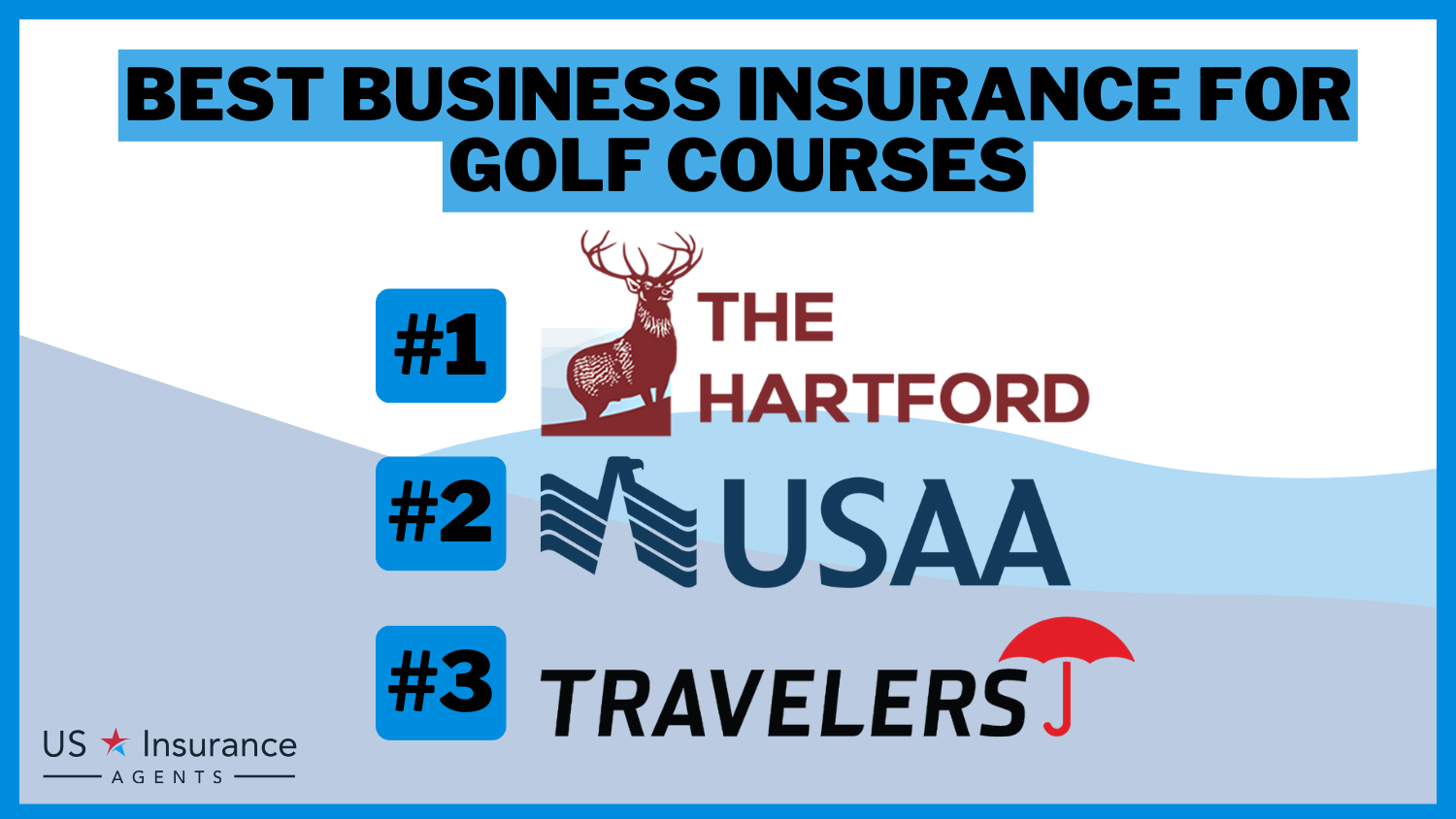
Frequently Asked Questions
How do I obtain insurance for golf courses?
To get golf course insurance, assess your needs, research providers, request quotes, review coverage options, customize as needed, review and finalize the policy, and stay informed about industry trends.
What is the price of insurance for golf courses?
The cost of golf course insurance varies based on factors like size, location, coverage, and history. On average, it ranges from $4,000 to $10,000 per year. Get personalized quotes for accurate pricing.
What types of coverage are included in country club insurance programs, and how do these coverages address the unique risks faced by golf courses and other amenities within the club?
Country club insurance programs typically include general liability, property, workers’ compensation, and specialized coverages like golf course liability and liquor liability insurance. These coverages address the specific risks faced by golf courses and other amenities within the club, ensuring comprehensive protection for the club’s assets and operations.
To expand your knowledge, refer to our comprehensive handbook titled “Best Business Insurance for Country Clubs.”
What does golf insurance cover?
Golf insurance gives you financial protection against equipment damage or theft, personal injury, property damage, and third-party injury caused while golfing.
Protect your company and employees with adequate coverage — enter your ZIP code below to instantly compare commercial insurance quotes with our free comparison tool.
Is golf the hardest sport to play?
Most professional athletes say that golf is the hardest sport there is. Football is more dangerous, soccer and basketball are more physically demanding, and chess is more mentally exhausting.
Is workers’ compensation insurance necessary for my golf course?
Yes, workers’ compensation insurance is necessary for golf courses with employees in most states. It provides financial protection for employees who are injured or become ill while working, covering medical expenses, lost wages, and rehabilitation costs.
To enhance your understanding, explore our comprehensive resource on business insurance titled “What is Worker’s compensation?.”
What is an expensive golf brand?
The Honma 5-star golf clubs are recorded as one of the most expensive golf clubs ever, costing about $75,000 per set. The Titleist Scotty Cameron Putters, one of the expensive golf clubs, cost between $400 and $800 on average.
Is it worth getting golf insurance?
Yes, golf insurance is worth it as it provides financial protection against liabilities, property damage, injuries, and legal claims, offering peace of mind and mitigating financial risks.
To find cheap business insurance, enter your ZIP code into our free quote comparison tool below and get covered today.
Can individual health insurance cover injuries sustained while playing or working at a golf course?
Individual health insurance typically covers medical expenses for injuries sustained in various settings, including recreational activities like golfing. However, coverage specifics may vary depending on the insurance plan and the circumstances of the injury. It’s advisable to review your individual health insurance policy to understand the extent of coverage for injuries related to golfing or working at a golf course.
For a thorough understanding, refer to our detailed analysis titled “Individual Health Insurance: A Complete Guide.”
What is golf benefit?
Golf exercises your heart and keeps your heart rate up. This will naturally lower your risk for heart disease and other cardiovascular issues, as well as potentially lowering your levels of ‘bad’ cholesterol. Regularly playing golf may even lead to an increase in life expectancy.
Get a FREE Quote in Minutes
Insurance rates change constantly — we help you stay ahead by making it easy to compare top options and save.


